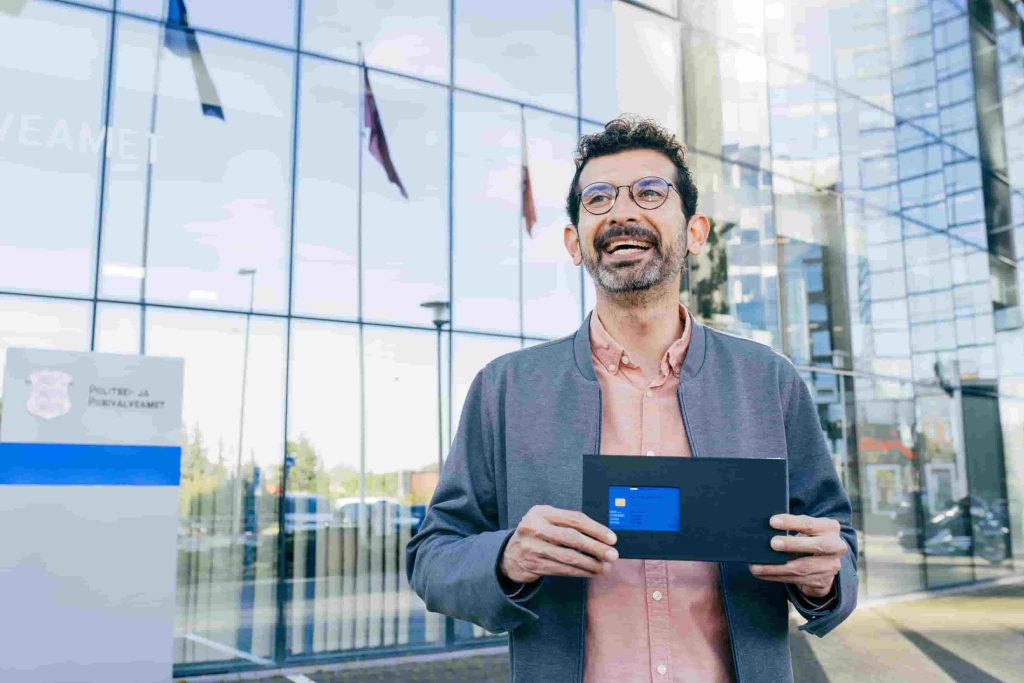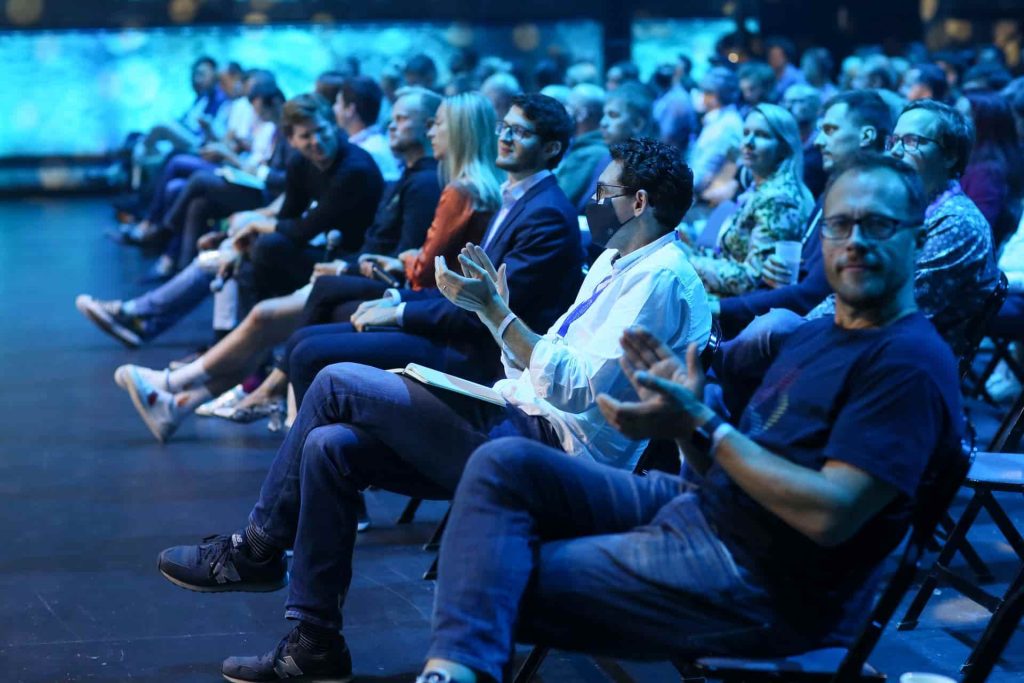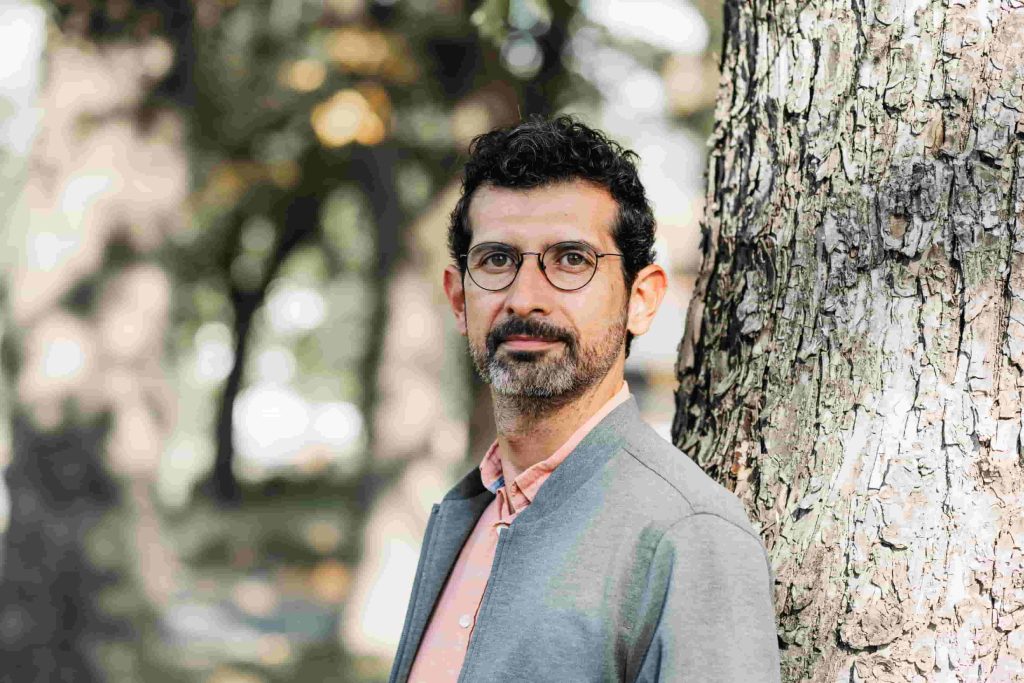fuckup nights’ founder pepe villatoro: e-Residency democratizes entrepreneurship
Discover why the founder of this global movement became an e-resident and what the two programs have in common
On the move
The birth of a movement
The stigma of failure
'They just gave me the card'

After he provided his fingerprints, he was good to go.
"They just gave me the card and that was it”, he said.
More from e-Residency
- Sign up for our newsletter
- Watch fresh video content - subscribe to our Youtube channel
- Meet our team and e-residents - register for our next Live Q&A


